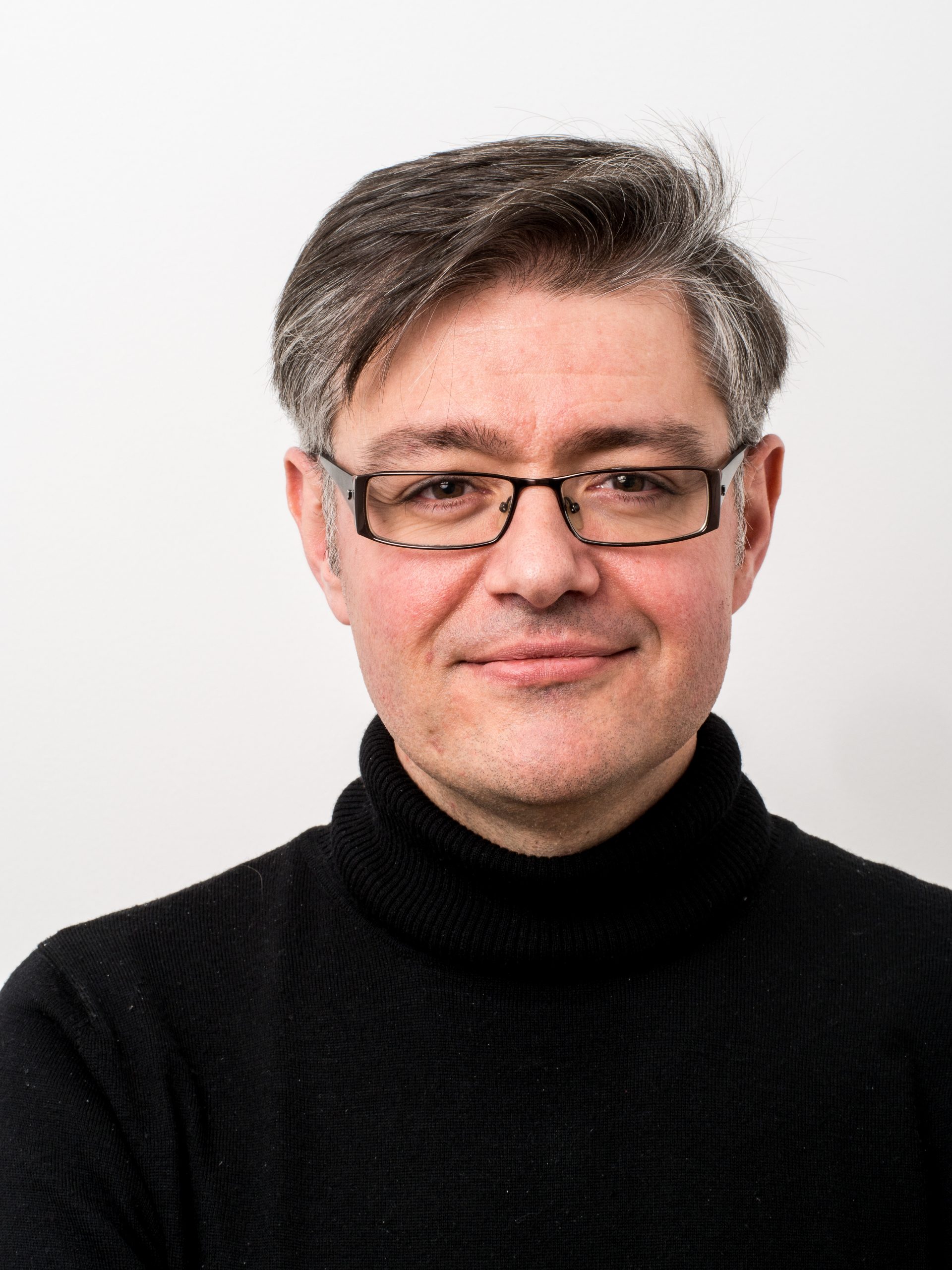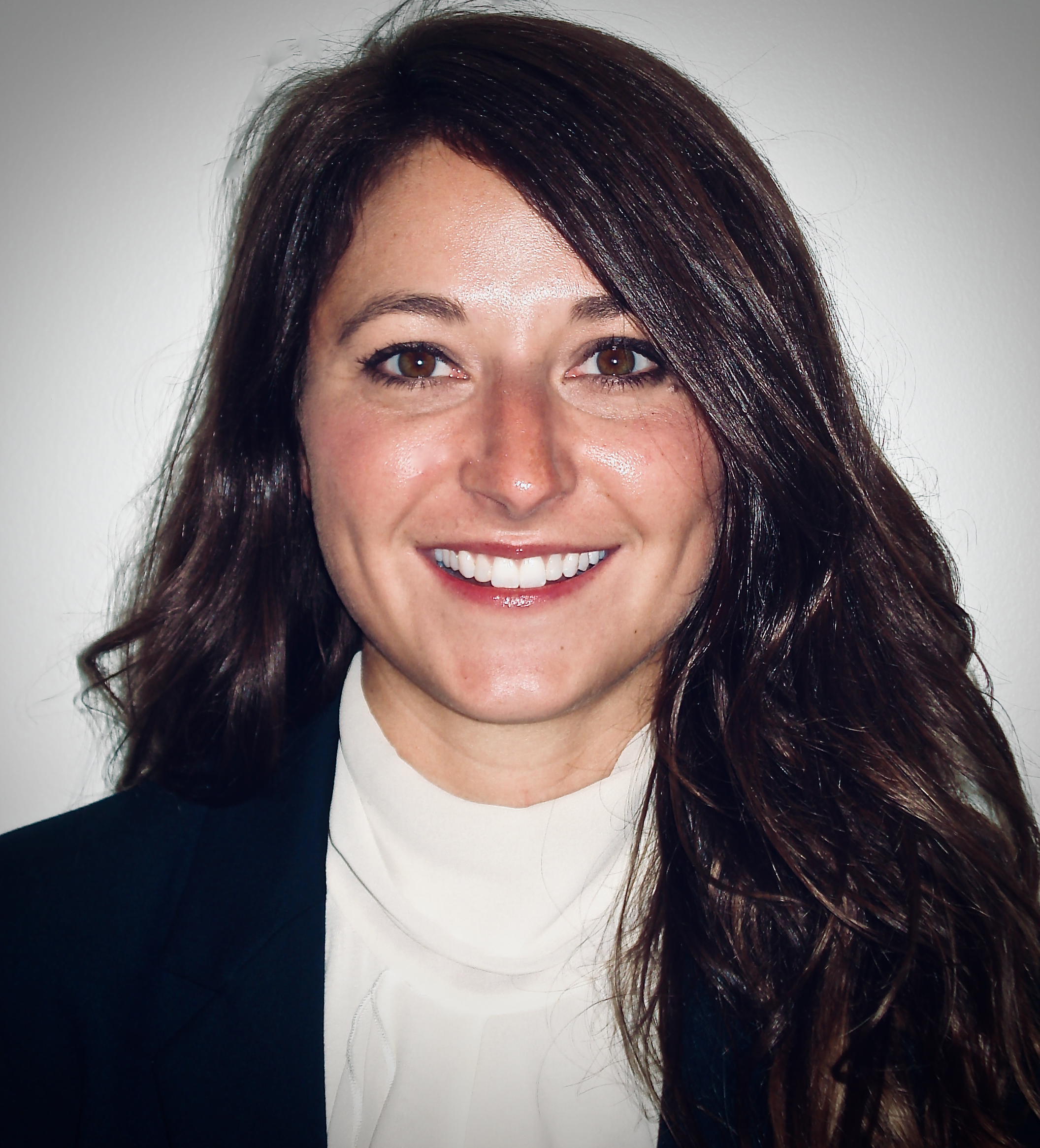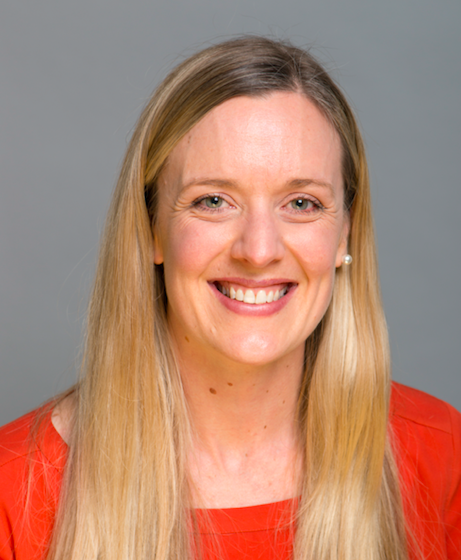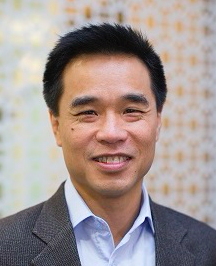The IOCDF is very excited to announce the winners of the 2020 Research Grant Awards!
The IOCDF’s Research Grant Awards provide funding support for OCD and related disorders research with the goals of bettering scientific understanding of these disorders, improving treatment, and supporting promising young scientists.
This year we awarded two types of awards: the Breakthrough Awards, which fund innovative and potentially groundbreaking OCD research, and the Young Investigator Awards, which help early career researchers carry out smaller-scale projects and support their continued engagement in OCD and related disorders fields.
The generous support of our donors has enabled us to award $1.1 million in research funding this year. We are incredibly grateful to you for making these research awards possible!
All grant winners were selected through a highly competitive process. Their proposals were evaluated by senior research scientists on the IOCDF’s Grant Review Committee, and the IOCDF Board of Directors made final funding decisions based on the Grant Review Committee’s recommendations. The chosen proposals were deemed to have strong scientific merit and high potential to make a meaningful impact.
We are pleased to announce the following awards:
Breakthrough Awards
Identifying targets for prevention and early intervention in Obsessive-Compulsive Disorder
David Mataix-Cols, PhD
Karolinska Institutet
Sweden
Award amount: $500,000

We still do not know exactly what causes OCD. Research has found that the risk for developing OCD is not only due to the genes we inherit from our parents, but also due to factors in our environment that can’t be explained by genetics alone. In fact, researchers believe that at least 50% of the risk for developing OCD comes from what we experience in the environment around us, but we do not yet know which environmental factors increase this risk.
Dr. Mataix-Cols and his team will recruit a large number of identical twin pairs where one twin has OCD and one does not. This means that the twins share exactly the same genes, but one twin experienced something in their environment that caused them to develop OCD, while the other did not. With the consent of study participants, Dr. Mataix-Cols and his team will access a vast amount of medical information about them using the unique Swedish nationwide register, which collects the medical records of Swedish citizens throughout their lives. They will also build a database of biological samples from each participant, including samples that were taken at birth for the Swedish phenylketonuria (PKU) screening biobank. The project team will then analyze this data to attempt to identify the environmental causes that increase risk for developing OCD. This research project could unlock new information about why certain people develop OCD, and even lead to knowledge that would allow us to prevent OCD from taking hold in the first place.
A Precision Medicine Approach to OCD Treatment: Targeting Neuroinflammation
Jeffrey Miller, MD
Research Foundation for Mental Hygiene, Inc. / Columbia University
New York, New York
Award Amount: $500,000

Dr. Miller and his team will test a new OCD treatment strategy by measuring and targeting inflammation in the brain. Their work builds off of early evidence suggesting a connection between OCD and brain inflammation, and the possible benefits of anti-inflammatory medication.
Dr. Miller’s project will precisely measure brain inflammation in a group of people with OCD using PET imaging and blood sampling, and then provide them with treatment using the anti-inflammatory drug celecoxib (the brand name drug Celebrex). Their symptoms will be tracked, and their levels of brain inflammation will be measured after treatment using the same brain imaging and blood sampling techniques as those employed before treatment.
Dr. Miller’s work will substantially add to our knowledge about the role that inflammation may play for some people with OCD, and whether anti-inflammatory medication could be an effective treatment for these individuals.
Young Investigator Awards
Using a Machine Learning Approach to Identify Immune Biomarkers Associated with PANS/PANDAS
Lauren Breithaupt, MD, PhD
Massachusetts General Hospital / Harvard Medical School
Boston, Massachusetts
Amount: $50,000

Within the past twenty years, researchers and clinicians have begun to recognize that certain cases of childhood-onset OCD are unique. In these cases, a child’s OCD symptoms appear very rapidly, and typically set in following an infection like strep throat. Pediatric Autoimmune Neuropsychiatric Disorders Associated with Streptococcal Infections, and Pediatric Autoimmune Neuropsychiatric Syndrome (PANDAS/PANS) are proposed diagnoses for these unique pediatric illnesses, and are distinct from a diagnosis of childhood OCD. However, clinicians and researchers often struggle to differentiate OCD and PANDAS/PANS, in part because there is no biological test to confirm that a child indeed does have PANDAS/PANS.
In this research study, Dr. Breithaupt will analyze a very large set of biological data from a group of children with PANDAS/PANS, a group of children with PANDAS/PANS who have symptoms that make it difficult for them to eat (avoidant/restrictive food intake disorder, or ARFID), as well as a group of children with more typical childhood OCD, and a group of healthy children. Her approach uses machine learning — a form of artificial intelligence — to sift through this large volume of data and find hidden patterns in it. Her goal is to identify proteins in the blood that could serve as a unique marker that a child has PANDAS/PANS, which could not only lead to a new diagnostic test, but also provide useful information for the development of new medications.
Understanding and treating OCD in older adults
Carly Johnco, PhD
Macquarie University
Sydney, Australia
Amount: $50,000

Almost all of the research on OCD, including how it is best treated, has been focused on children and adults under the age of 65. Very little attention has been given to OCD in older adults. With the population aging globally, the number of older adults with OCD is expected to double within the next 30 years. We currently lack important information about the best possible ways to treat the growing number of older adults with OCD, and how approaches that work with children and adults may need to be modified to best serve older adults.
Dr. Johnco’s project will focus on family accommodation (when a family member of a person with OCD helps that person with their rituals). Accommodation in childhood and adult OCD is well understood, and treatment approaches now commonly involve family members in order to reduce accommodation from family and help their loved one recover from OCD. Older adults have an increased need for support from a variety of people, including their adult children, health care workers in the home or in a residential setting, neighbors, and others, all of whom are not the typical sources of accommodation for younger people with OCD. This study will investigate the ways that accommodation plays a role in the lives of older adults with OCD, and Dr. Johnco will develop a treatment protocol for addressing accommodation that is age-appropriate and considers the unique circumstances of aging with this disorder.
Intervening on Loneliness to Reduce Object Attachment in Hoarding Disorder: Two Randomized Controlled Pilot Studies
Keong Yap, DPsych
University of New South Wales
Sydney, Australia
Award amount: $48,000

People with hoarding disorder experience strong emotional attachment to their possessions and extreme difficulty and distress when throwing things away. This can lead to accumulation of possessions beyond the norm, to the point where the homes of people with hoarding disorder can become difficult to move around in, or even unsanitary and potentially dangerous. One possible explanation for the strong emotional attachment to possessions in hoarding disorder is loneliness: people with hoarding disorder bond with their possessions in order to replace the bonds with other people that are missing from their lives. The social impacts of hoarding disorder may deepen these feelings of loneliness by making it difficult to form or sustain healthy relationships.
Dr. Yap’s research will attempt to address loneliness in people with hoarding disorder through an online program that is known to be effective in reducing feelings of loneliness. He will then track participants’ loneliness and depression symptoms, as well as their symptoms of hoarding, to find out whether addressing loneliness can be a helpful intervention for hoarding disorder.
The IOCDF is incredibly excited to be funding a diverse group of research projects that hold promise for those struggling with OCD, hoarding disorder, and PANDAS/PANS. The IOCDF is grateful to our donors, and to the 76 research scientists who volunteered their time to evaluate the grant proposals we received earlier this year. Thank you also to our Grant Review Committee Chair Christopher Pittenger, MD, PhD, and Vice Chair Jennifer Freeman, PhD, for their work in organizing and leading this year's Grant Review Committee.

Leave a Reply